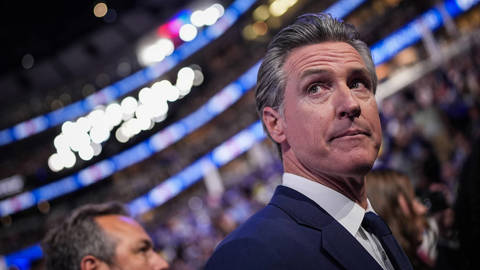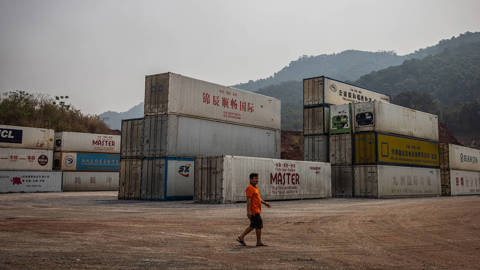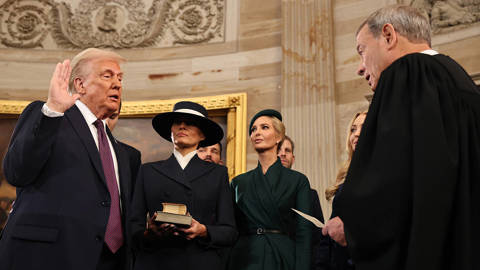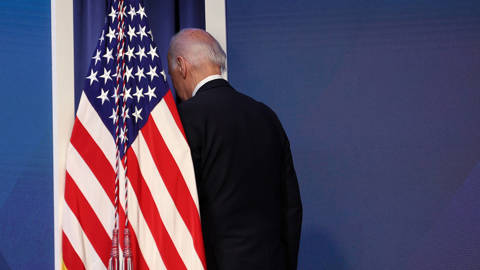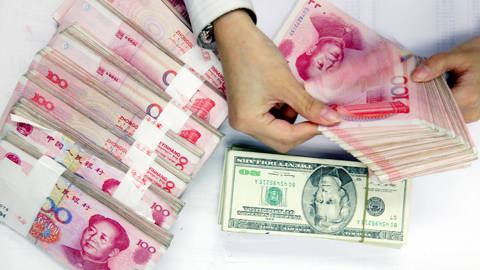This week, the EU and Britain agreed on terms for continued British membership in the Union. But will the deal be enough to entice Britons to vote Yes in the referendum likely to be held in June?
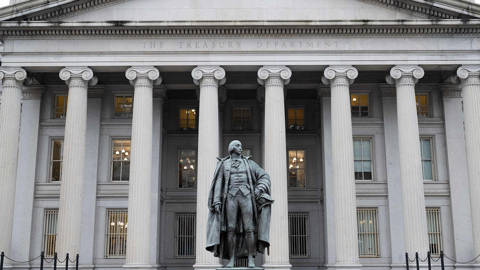
This week, the EU and Britain agreed on terms for continued British membership in the Union. But will the deal be enough to entice Britons to vote Yes in the referendum likely to be held in June?
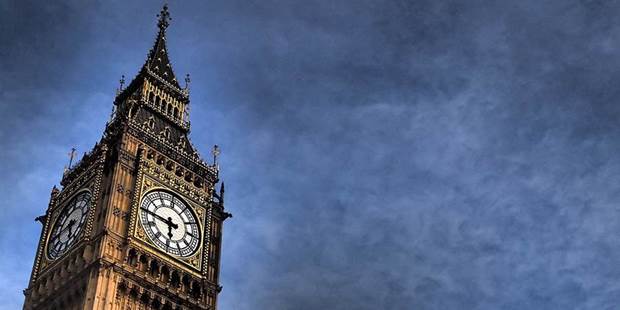
Feb 24, 2016 Carl Bildt argues that Brexit would betray the UK's important legacy in shaping European integration.

Feb 23, 2016 Howard Davies explains the rationale for addressing remaining financial-sector challenges on a national basis.

Feb 22, 2016 Dominique Moisi praises Gordon Brown's decision to link EU membership with national pride.

Feb 20, 2016 Anatole Kaletsky predicts that British voters will decide to remain in the EU.
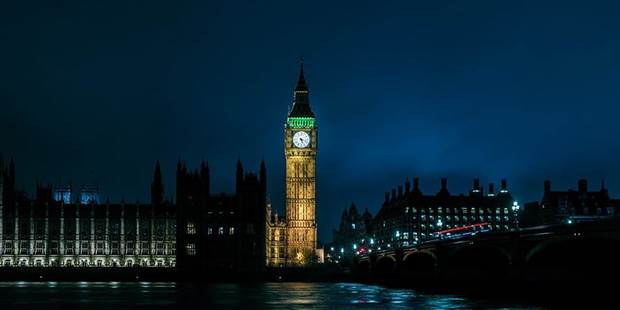
Feb 18, 2016 Gareth Evans debunks the idea that Britain could have global influence after leaving the EU.

Feb 15, 2016 Richard Haass provides an American perspective on the UK's possible withdrawal from the EU.

Jan 17, 2025 Terry Lynn Karl
Jan 16, 2025 Michael R. Strain
Jan 14, 2025 Philippe Aghion, et al.
Jan 16, 2025 Eric Posner

